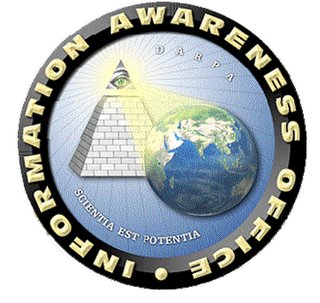
Yesterday's Senate Intelligence Committee hearing may have seemed just like a dry-run for Gonzales grilling set to take place next week. Yet there were some startling revelations made that may shed light on just how explosive a scandal this story has become.
Specifically, note this exchange between Senator Wyden and General Hayden:
A similarly revealing sparring session came when Senator Ron Wyden, Democrat of Oregon, pressed the intelligence officials about whether a controversial Pentagon data-mining program called Total Information Awareness had been effectively transferred to the intelligence agencies after being shut down by Congress.Mr. Negroponte and the F.B.I. director, Robert S. Mueller III, both said they did not know. Then came the turn of Gen. Michael V. Hayden, who headed N.S.A. for six years before becoming the principal deputy director of national intelligence last spring.
"Senator," General Hayden said, "I'd like to answer in closed session."
Right around the time Bush says he signed his domestic spying order, the government created a massive data-mining program called "Total Information Awareness" (TIA). Created in January 2002, the program was heralded as "adapting" our technology to meet the threat of terrorism. The New York Times reported on the controversial program in 2002:
The Pentagon is constructing a computer system that could create a vast electronic dragnet, searching for personal information as part of the hunt for terrorists around the globe -- including the United States.As the director of the effort, Vice Adm. John M. Poindexter (yes, that Poindexter), has described the system in Pentagon documents and in speeches, it will provide intelligence analysts and law enforcement officials with instant access to information from Internet mail and calling records to credit card and banking transactions and travel documents, without a search warrant.
[more]